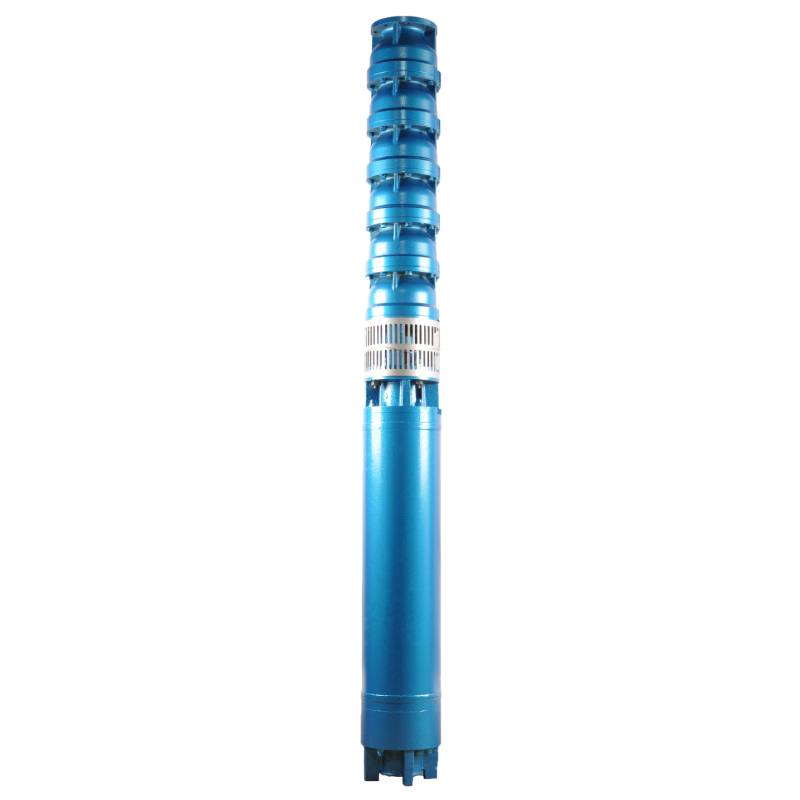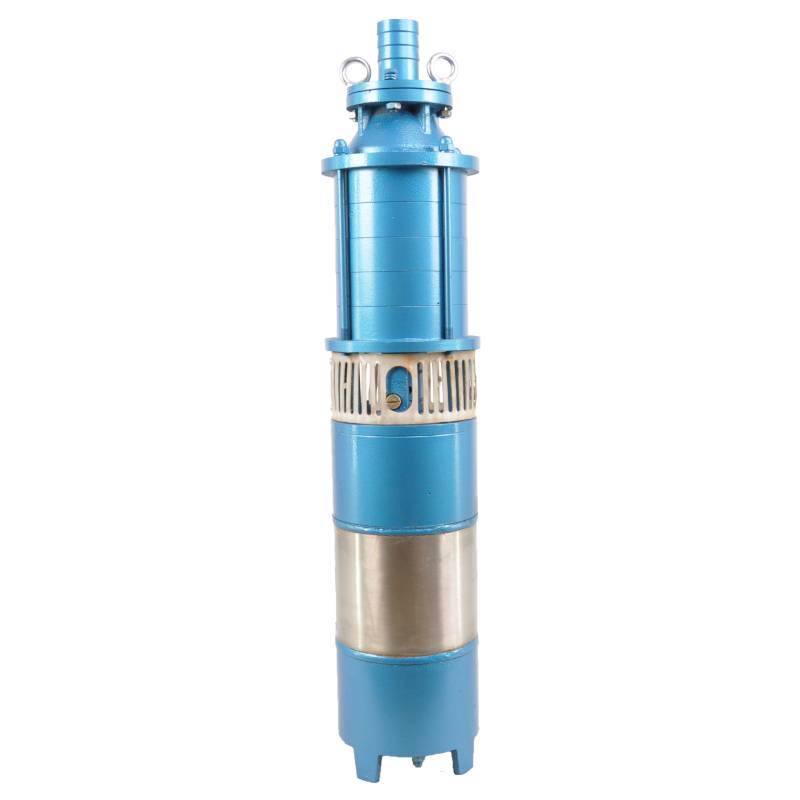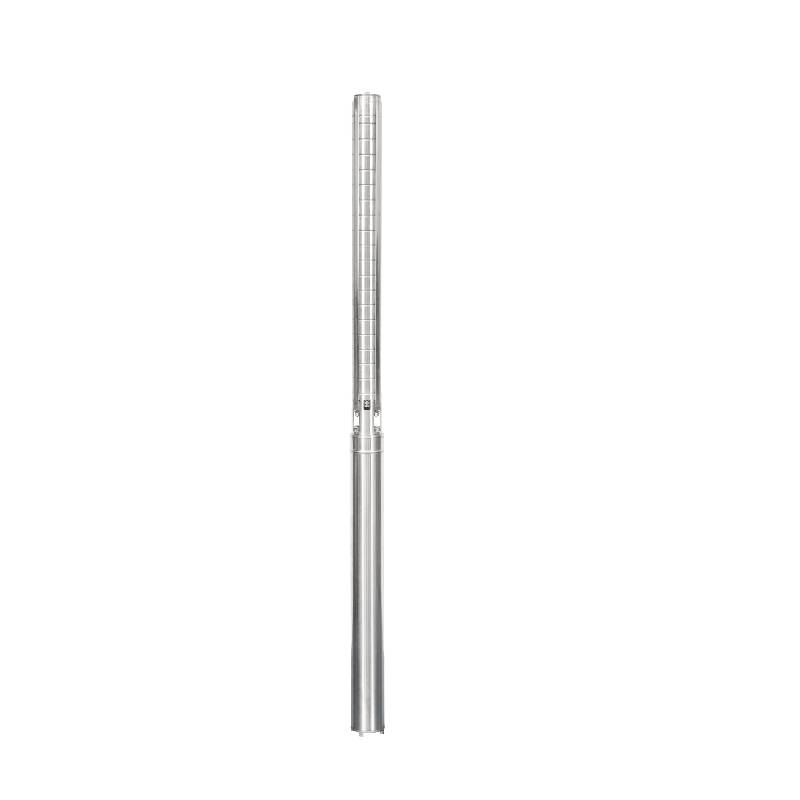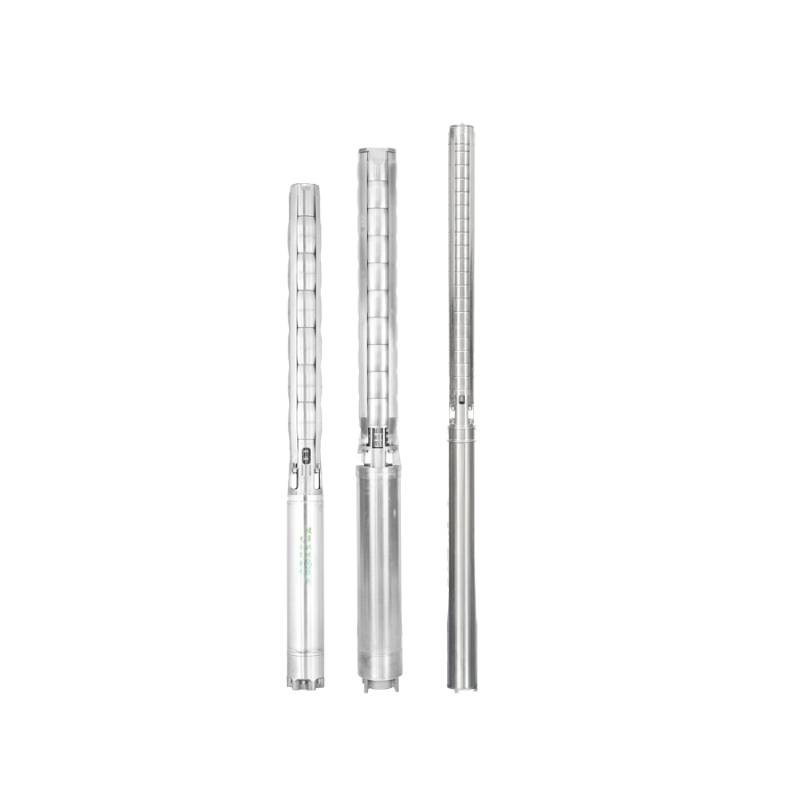Led . 01, 2025 09:04 Back to list
115V Submersible Pumps for Efficient Water Solutions in Various Applications
Understanding 115V Submersible Pumps Applications, Benefits, and Considerations
Submersible pumps have become essential tools in various industries, from agriculture to construction, due to their efficiency and versatility. Among the different types of submersible pumps, 115V submersible pumps stand out for their ease of use and suitability for residential and light commercial applications. In this article, we will explore what 115V submersible pumps are, their applications, and the benefits and considerations those interested in purchasing or using these pumps should keep in mind.
What is a 115V Submersible Pump?
A submersible pump is a type of pump designed to be submerged in liquid. It features a sealed motor that prevents water ingress and is used for pumping groundwater, sewage, stormwater, or industrial liquids. A 115V submersible pump is designed to operate on 115-volt electrical systems, which are commonly found in residential areas in the United States. This makes them convenient for homeowners seeking a reliable pumping solution without the need for specialized electrical installations.
Applications of 115V Submersible Pumps
1. Residential Water Supply One of the primary applications of 115V submersible pumps is for residential water supply, particularly for drawing water from wells or underground sources. They are often used in rural areas where access to municipal water systems is limited.
2. Sump Pumping These pumps are widely used in basements and crawl spaces to manage groundwater and prevent flooding. A 115V submersible sump pump can efficiently remove excess water, protecting homes from water damage.
3. Irrigation In agriculture, submersible pumps are utilized for irrigation systems to deliver water from wells or ponds directly to crops and gardens. Their efficiency ensures adequate moisture levels, contributing to better crop yields.
4. Construction Sites In construction and excavation projects, 115V submersible pumps are employed to remove water from trenches or work sites. They help maintain dry conditions, which is critical for safe and effective construction operations.
5. Aquariums and Ponds These pumps can also support water features in residential landscaping, such as ponds or fountains, by providing necessary water movement and aeration.
Benefits of Using 115V Submersible Pumps
115v submersible pump

1. Ease of Installation Since 115V submersible pumps are designed for standard electrical outlets, they can be easily plugged in without specialty wiring, making them user-friendly for homeowners and professionals alike.
2. Energy Efficiency Many models operate efficiently, consuming less electricity compared to larger, industrial pumps, which helps minimize operating costs.
3. Durability Most 115V submersible pumps are built from high-quality materials that resist corrosion and wear, extending the life of the pump and reducing maintenance needs.
4. Quiet Operation Submersible pumps are generally quieter than other types of pumps, making them ideal for residential settings where noise could be a concern.
5. Versatility With varying designs and capacities, these pumps can handle a range of applications, making them a valuable tool in several different situations.
Considerations Before Purchasing
While 115V submersible pumps offer numerous advantages, there are some considerations to keep in mind
- Pump Size and Capacity It’s essential to choose a pump suitable for the specific application. Ensure the pump’s capacity matches the volume of water you need to move and the depth from which it will be drawing.
- Material and Construction Look for pumps made from durable materials that can withstand the liquids they will be pumping. For instance, pumps used for sewage should be built to handle solids.
- Safety Features Ensure the pump has built-in safety features, such as overload protection and thermal shutoff, to prevent damage and ensure safe operation.
In conclusion, 115V submersible pumps are a reliable choice for various applications, offering efficiency, convenience, and durability. Understanding their uses, benefits, and considerations can help users make informed decisions when selecting the right pump for their needs. Whether for residential use, agricultural purposes, or construction, these pumps play a critical role in effective water management.
-
submersible-sump-pump-auto-drainage-for-crawlspaces
NewsAug.22,2025
-
solar-powered-stainless-steel-submersible-well-pump-setup
NewsAug.22,2025
-
stainless-steel-well-pump-flow-rate-optimization
NewsAug.22,2025
-
water-filled-submersible-pump-fish-farm-oxygenation
NewsAug.22,2025
-
submersible-pump-in-aquaculture-and-fish-farming
NewsAug.22,2025
-
deep-well-submersible-pump-for-drought-areas
NewsAug.22,2025
-
 submersible-sump-pump-auto-drainage-for-crawlspacesCrawlspaces, those narrow areas beneath homes, are prone to water accumulation due to leaks, groundwDetail
submersible-sump-pump-auto-drainage-for-crawlspacesCrawlspaces, those narrow areas beneath homes, are prone to water accumulation due to leaks, groundwDetail -
 solar-powered-stainless-steel-submersible-well-pump-setupHarnessing solar energy to power stainless steel submersible well pumps is a sustainable and coDetail
solar-powered-stainless-steel-submersible-well-pump-setupHarnessing solar energy to power stainless steel submersible well pumps is a sustainable and coDetail -
 stainless-steel-well-pump-flow-rate-optimizationIn various applications like agriculture, domestic water supply, and industrial use, the flow rate oDetail
stainless-steel-well-pump-flow-rate-optimizationIn various applications like agriculture, domestic water supply, and industrial use, the flow rate oDetail
